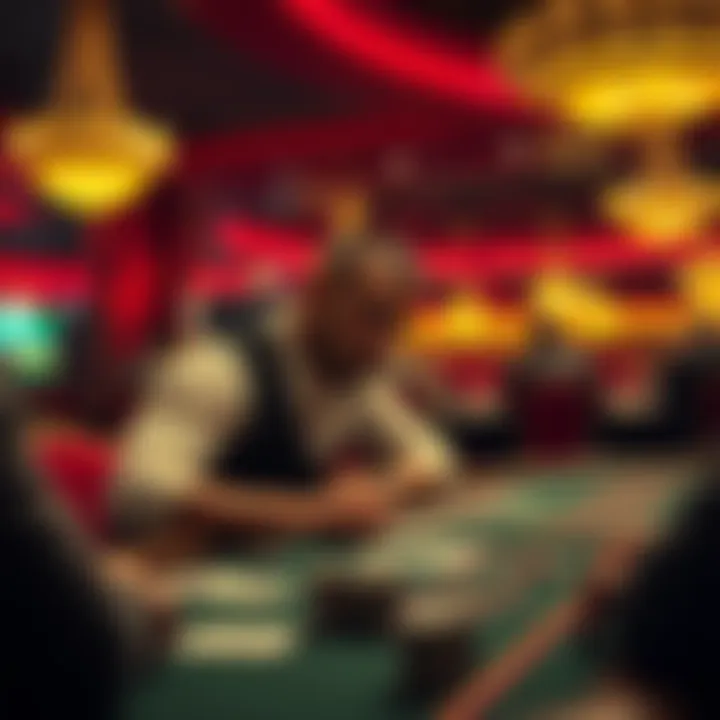Luck or Logic? | Players Mull Betting During Unlucky Times

A fresh online discussion is stirring regarding whether gamblers should bet when they feel luck is lacking. Several people weighed in on the debate, sharing thoughts driven by personal experiences that touch on belief, strategy, and the influence of emotion on gambling.
Players Share New Perspectives
Recent comments reveal an emerging theme among gamblers: viewing lotteries as a collective gamble. One player noted, "I’ve started to think of the PB and MM as a raffle. Nobody’s going to win until so many people are playing that one combination has to win." This suggests many are adjusting their strategies based on participation levels and perceived odds.
Another participant echoed the sentiment of obligation rather than enthusiasm about playing, stating, "I play but it feels like more out of obligation if the jackpot is really high but often feel like I’m wasting money because I never win." This reflects a disillusionment felt by some players when faced with the unpredictability of wins.
Interestingly, another commenter speculated about winners' mindsets. "I do wonder whether those people that won the jackpot felt lucky when they decided to buy the ticket. My gut feeling tells me they just had a habit of playing the lottery regularly." This indicates a shift in thinking about chance versus routine in gameplay.
The Impact of Routine vs. Luck
Some players have reaffirmed their commitment to regularly participate in games regardless of how they feel about their luck. As one commented, "I play every draw regardless if I feel lucky or not." This illustrates the ongoing trend of routine play gaining popularity, perhaps as an antidote to feelings of uncertainty.
Others remain skeptical about the games altogether. "Never win as I never play this scam," remarked one user, showing that disillusionment persists among certain groups within the gambling community.
Sentiment Overview
The sentiment in the discussion is mixed:
Many players maintain a steady approach to betting regardless of luck.
There's a notable trend towards viewing lottery participation as a numbers game more than a luck-based one.
A significant portion expresses frustration about their gambling experiences.
"I wonder if I’m just trying to force something instead of letting it happen."
Insights on Future Gambling Behaviors
Experts suggest the ongoing shift in attitudes could lead to over 60% of gamblers relying more on structured routines than on intuition in the near future. This evolution could affect how casinos design their games, focusing on attracting players looking for consistency rather than the rush of luck.
End: The Evolving Nature of Gambling
Today's gambling landscape seems to reflect a growing acceptance of routine play as players learn from their experiences. As they grapple with their feelings about luck, these trends may redefine what it means to play, contributing to the understanding of gambling as more than just a game of chance.
